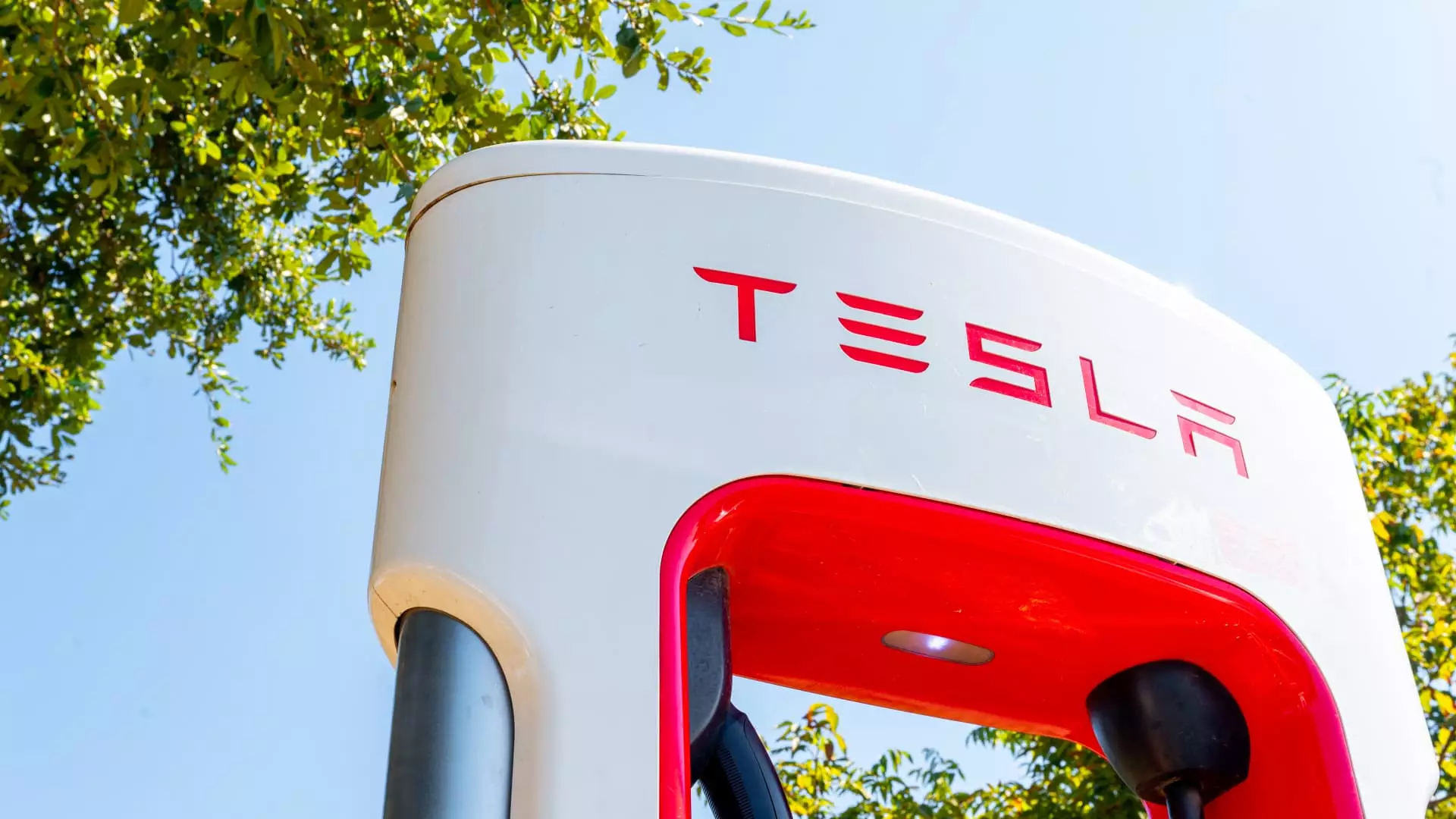In a troubling development for the electric vehicle manufacturer Tesla, the family of Genesis Giovanni Mendoza-Martinez has initiated legal action against the company following a fatal crash that occurred in 2023. The lawsuit, filed in Contra Costa County, California, alleges “fraudulent misrepresentation” regarding Tesla’s Autopilot technology, claiming that the misleading nature of the vehicle’s semi-automated systems contributed directly to the tragedy. The complaint brings to light serious concerns about Tesla’s claims regarding its Autopilot capabilities, pitting consumer safety against corporate public relations.
The devastating incident involved a 2021 Tesla Model S that collided with a parked fire truck while Mendoza-Martinez was utilizing the Autopilot feature. His brother, Caleb, who was in the passenger seat, suffered significant injuries. The tragic circumstances surrounding the crash have raised questions about the true extent of Tesla’s Autopilot system’s efficacy, as well as its marketing practices. The Mendoza family’s lawsuit suggests that Tesla and its CEO, Elon Musk, have historically overstated the functionality and safety of their Autopilot technology to bolster vehicle sales and investor confidence.
The move from state court to federal jurisdiction by Tesla complicates the legal landscape, placing an increased burden of proof on the Mendoza family. Federal courts generally require more evidence to support claims of fraud, which could further hinder the family’s quest for accountability. Thus, the outcome of this case may primarily hinge on the ability of the plaintiffs to substantiate their allegations against an established corporate entity.
This lawsuit is not an isolated incident but rather part of a growing series of legal actions targeting Tesla and its Autopilot technology. Currently, a total of 15 other lawsuits are pending, focusing on similar claims involving vehicle collisions that occurred while Autopilot was engaged. The frequency of these incidents raises flags about system reliability and safety, prompting scrutiny from governmental bodies such as the National Highway Traffic Safety Administration (NHTSA).
Though Tesla has implemented changes to its systems after a broader investigation began in 2021, questions remain. Critics argue that software updates alone may not effectively resolve inherent flaws in Autopilot’s design. As Tesla rolls out its latest version of the Full Self-Driving (FSD) system, the company faces additional scrutiny regarding whether these updates adequately address safety concerns, particularly regarding the vehicle’s interactions with stationary emergency vehicles.
Elon Musk’s fervent promotion of Tesla as a leader in autonomous driving technology raises ethical concerns when juxtaposed with the real-world implications of this technology. Tweets and public statements from Musk have led some consumers to believe they can rely heavily on these automated systems, raising the critical issue of whether drivers are adequately informed about the limitations of Autopilot and FSD features.
In fact, recent investigations have revealed that Tesla’s messaging might mislead consumers into perceiving their vehicles as fully autonomous. This perception, when combined with the perceived negligence of drivers relying too heavily on Autopilot, creates a complex environment where accountability may be difficult to assign clearly.
Amidst these legal challenges and controversies, Tesla faces growing competition from established tech companies and automotive startups advancing their autonomous driving capabilities. Companies like Waymo and WeRide are not only developing robotaxi services but are actively deploying operational fleets—an area where Tesla has yet to establish a market presence, despite Musk’s long-standing promises of imminent self-driving capabilities.
Consumer trust, once a pillar of Tesla’s brand identity, could be compromised if these legal challenges reveal systemic issues within their technology or marketing strategies. As competitors gain traction and establish safety records, Tesla must navigate these legal hurdles while maintaining market dominance.
The legal battle between the Mendoza family and Tesla serves as a potentially significant moment for the future of autonomous driving technologies. As the implications of the lawsuit continue to unfold, it may reshape how companies communicate about vehicle safety and reliance. In a rapidly evolving automotive landscape, the balance between innovation and accountability will remain a pivotal theme, as consumers, manufacturers, and regulators grapple with the complexities of modern technological advancements in transportation.


Leave a Reply